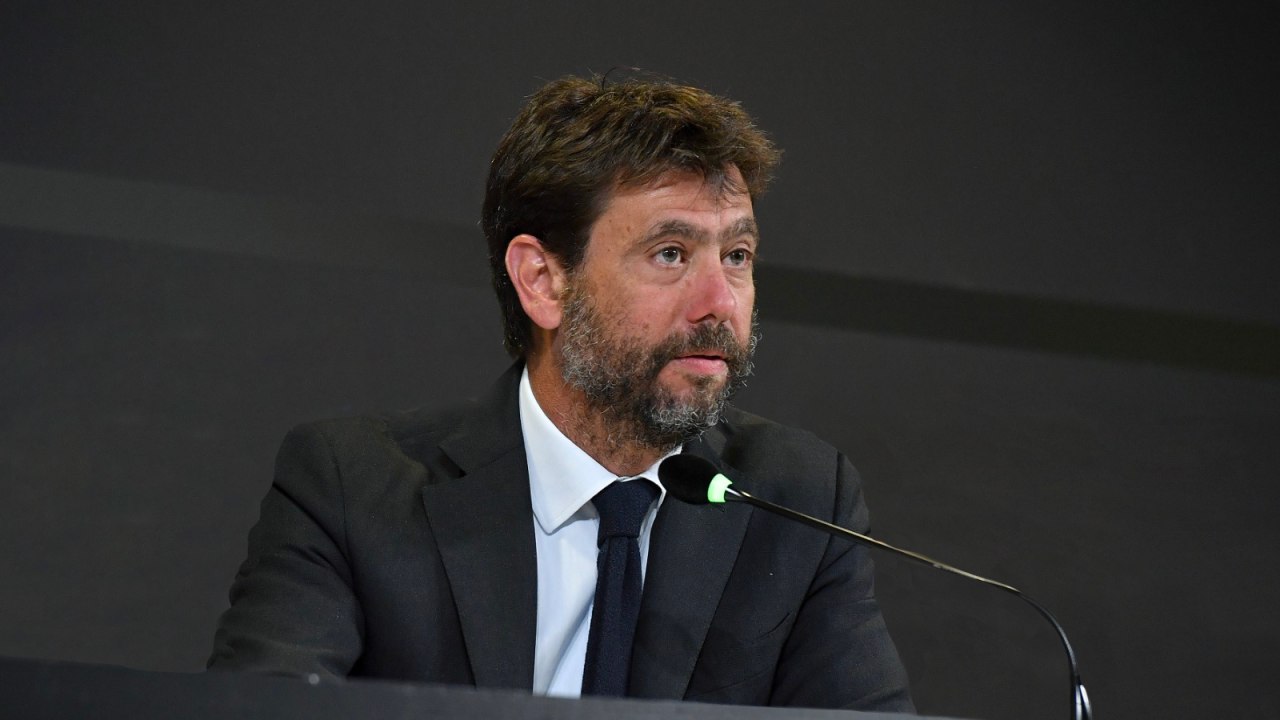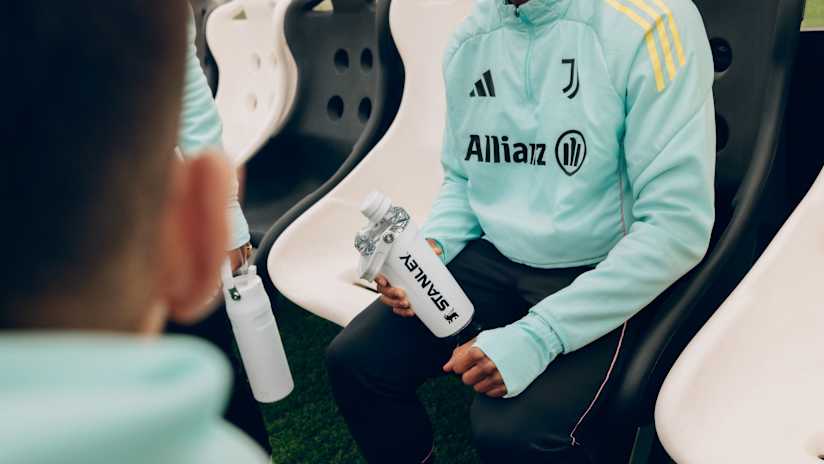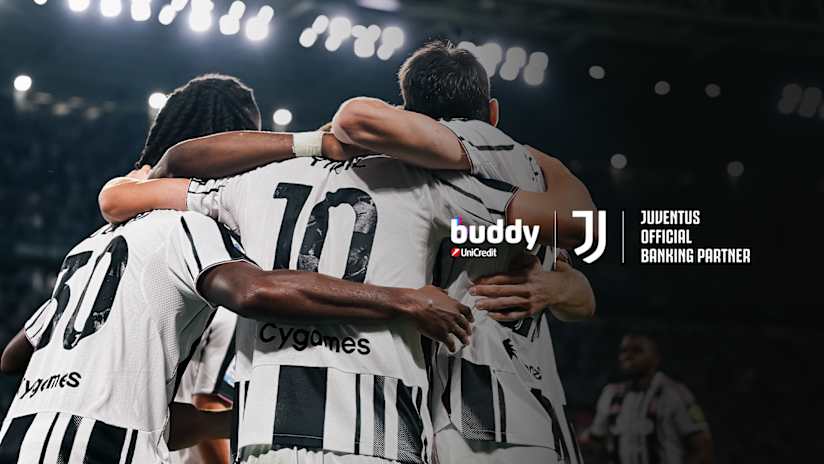27 September 2021
Dear Shareholders,
Our success over the past ten years has been accompanied by extraordinary progress for the club in terms of revenue, global brand recognition, infrastructure (the Stadium and Village), sports planning (Juventus Women and the U23s) and the size of our organisation. I have no doubt that Juventus now has the right characteristics to tackle the challenges of the future. However, it is only right that we underline the fact that – just at the time when we were growing the fastest, with the club having made significant financial resources available – the world of football, and Juventus in particular, experienced the heaviest of blows in the shape of the COVID-19 pandemic. The damage caused by this event has been huge. Entire revenue streams were wiped out overnight, with costs remaining unchanged. Estimates place the overall liquidity shortfall for the whole industry at €8.5 billion.
Stadiums standing empty for nearly two years provided a stark physical illustration of what had happened, and their reopening should not distract us from the limitations that the pandemic has exposed, revealing structural weaknesses at the heart of the game.
Over the preceding 20 years, football had become accustomed to double-digit growth and seemed immune to the other crises that affected the economy and society during that period. As such, an exaggerated sense of confidence developed, leading to an overconfident approach to risk. The crisis also put a stop to the constant growth in the overall value of transfer payments, which dropped by 50% in 2021 compared to 2019. These had become a significant element in the business models of many clubs, in terms of mitigating sporting risk, which goes hand in hand with economic and financial risk in our sector.
However, the overall instability and – therefore – weakness of the football industry cannot, and must not, be attributed solely to the pandemic.
The big football institutions, which once fulfilled the role of independent third parties and guarantors working to ensure the correct application of the rules, have gradually supplemented their position as regulators with that of organisers, brokers, distributors of football as a product and finally recipients and distributors of revenue.
In order to run a club in a healthy and credible manner, you cannot base your approach on an obsolete structural system, at the risk of bringing about the generalised downsizing of the entire sector – the worst possible scenario for football, the most popular sport in the world.
For years, the conversation has been about Generation Z – its values and its needs. The post-COVID-19 world belongs to this generation, which encompasses people between the ages of 12 and 21. Football must continue to play a central role in their free time, within their mix of interests. The opportunities offered by the digital revolution can certainly help to bring these young people closer to our sport. Viewed within this context, the debate around and criticism of the notion of accessing live matches from different devices to the traditional television are anachronistic and will be left in the past. In the digitalised world, users have incredible power of choice. This cannot be ignored. Users will make decisions based on their preferences and the values that they identify with.
This isn’t the right forum to rehash the reasons for the birth of the Super League, but it is an appropriate opportunity to inform you that this new competition, which aims to offer the world the best football spectacle ever seen, has three essential values embedded into his regulations, with the aim of guaranteeing stability for the football industry:
(i) a new shared framework to control costs and contribute to ensuring balanced competitiveness within the various competitions, contrary to what has been suggested in various settings, including some that hold significant authority;
(ii) strong commitments to solidarity and mutuality;
(iii) a central focus on the performances of clubs in European competitions and how they contribute to developing talent as core elements in a new concept of sporting meritocracy (something that cannot solely be based on domestic performance, with geopolitical and commercial considerations that should be kept separate to the essence of the sport itself).
In short, this is a new meritocratic paradigm and a return to the fundamentals of cost control and transparency, with three categories of stakeholders at the heart of the project:
(i) the fans, who dictate demand for the product;
(ii) the players, who are the stars of the show – in both club and international competitions;
(iii) the investors, who take on the entire business risk for the football industry.
It is a new paradigm which football can no longer afford to overlook, and on whose basis political dialogue must resume.
Nothing can be taken for granted. And everything can be improved and rethought. As Edoardo Agnelli said, almost one century ago: “We must strive to do well, but remember that a thing done well can always be done better.”
Football is the most popular sport in the world. Juventus, like many other clubs, have been a part of this great spectacle for years. It is the responsibility of anyone who represents the club to guarantee the utmost professionalism, effort and integrity in order to ensure that Juventus remains faithful to its history.
Juventus will continue to be a part of it. The support of my family – stretching back almost a century now – is tangible proof of this and represents the best possible guarantee that the club will continue to play a key role at the top of world football, sharing the same passion felt by hundreds of millions of fans all over the world.
Fino alla fine
Andrea Agnelli




